Include free pulses and oil in PDS, provide work under MGNREGA; food rights activists write to Odisha CM
In wake of the challenges arising due to the second wave of the pandemic, Right to Food Campaign, Odisha has demanded food and income security for non-ration card families in the state, inclusion of pulses in PDS, release of pending wages of ASHAs, and work under MGNREGA.

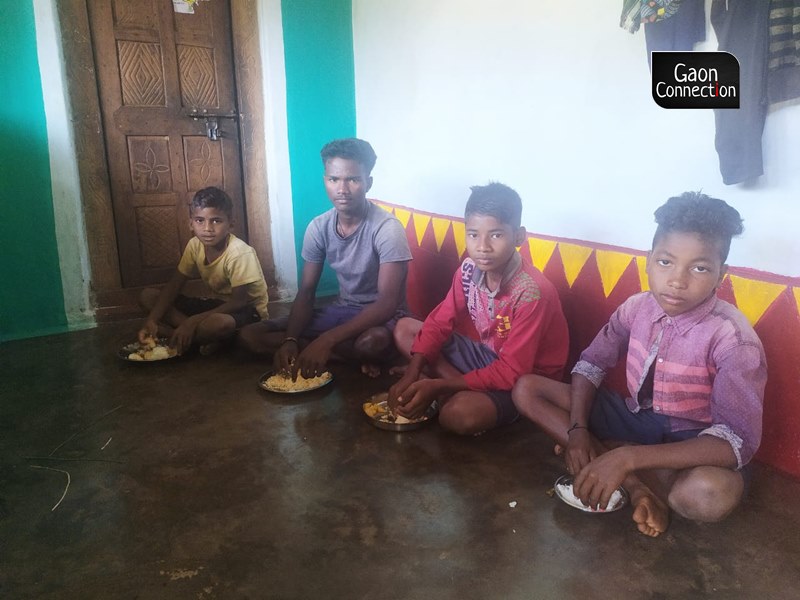
Tribal family in Malkangiri eating rice. Photo: By arrangement
The second wave of COVID19 pandemic and the subsequent lockdowns have worsened food and income security of a large chunk of population in rural Odisha, assert food rights activists. The incomes have reduced and so has nutritious food.
Demanding an urgent intervention over rising poverty, loss of income and food crisis, and lack of welfare schemes in rural Odisha, the Right to Food Campaign, a network of organisations and individuals working on food rights, wrote to Chief Minister Naveen Patnaik on June 12.
Among other things, the non-profit has demanded that the food department of the state should include free dal (pulses) and oil in the government’s public distribution system (PDS) besides rice and wheat provided to the families.
“The Odisha government has taken several steps to address the health crisis arising out of the pandemic but no serious steps were taken to address the food and income crisis. We have written to the chief minister for an urgent intervention,” Sameet Panda, lead member, Right to Food Campaign, Odisha, told Gaon Connection.
“Food and income crisis has compounded. The situation has worsened from last year,” he added.
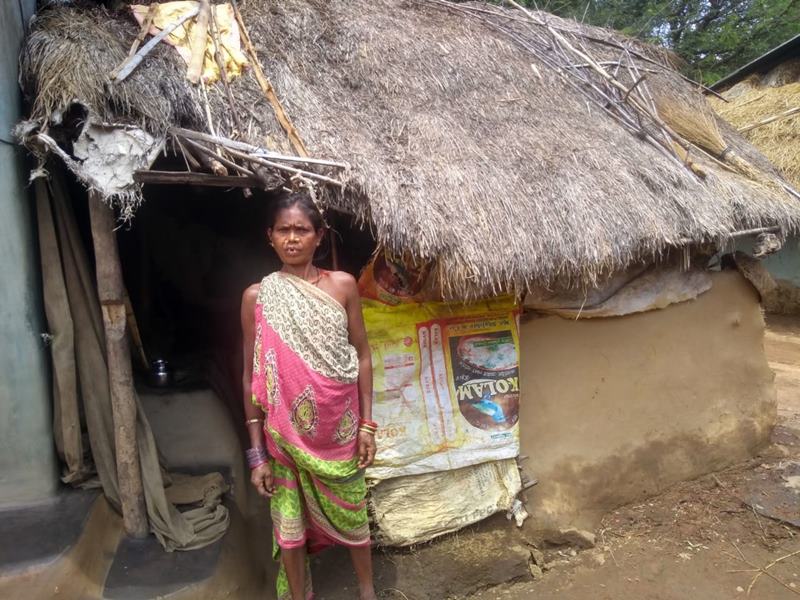
In the second wave of COVID-19 pandemic, corona restrictions and lockdowns made a comeback because of which a large number of poor workers and daily wage labourers lost their livelihoods. This had a direct impact on their food intake.
On May 17, Gaon Connection published a report on how people in rural India were eating less, and many could not afford vegetables and pulses.
Also Read: Rising hunger stares rural India in the face as the second wave of COVID invades villages
PM Garib Kalyan Anna Yojana
In April this year, the central government announced free food grains (rice or wheat) to the poor under the Pradhan Mantri Garib Kalyan Anna Yojana. This allocation is over and above the five kgs of food grains per month each beneficiary is entitled to under the National Food Security Act, 2013 (NFSA).
Last year, each ration card holding family received one kg of dal in addition to the 5 kg of free food grains (rice or wheat). But this year, pulses are not included in the relief measure.
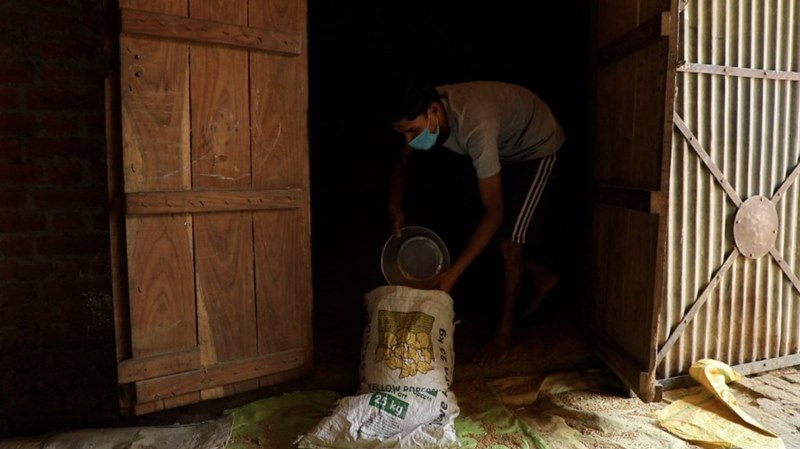
Also, non-ration card holding families have not received any support from the government. Last summer, Gaon Connection’s survey found that 17 per cent families in rural India did not have ration cards.
Nutrition at stake
With villagers getting excluded from food security, experts fear there might be further deterioration in Odisha’s already-poor nutrition status, especially of women and kids.
As per the Union health ministry’s National Family Health Survey 2015-16, every second (51 per cent) woman between 15 and 49 years of age in Odisha is anaemic; 44.6 per cent of kids between six and 59 months is anaemic, and every third (34.1 per cent) under-5 child is stunted (height-for-age).
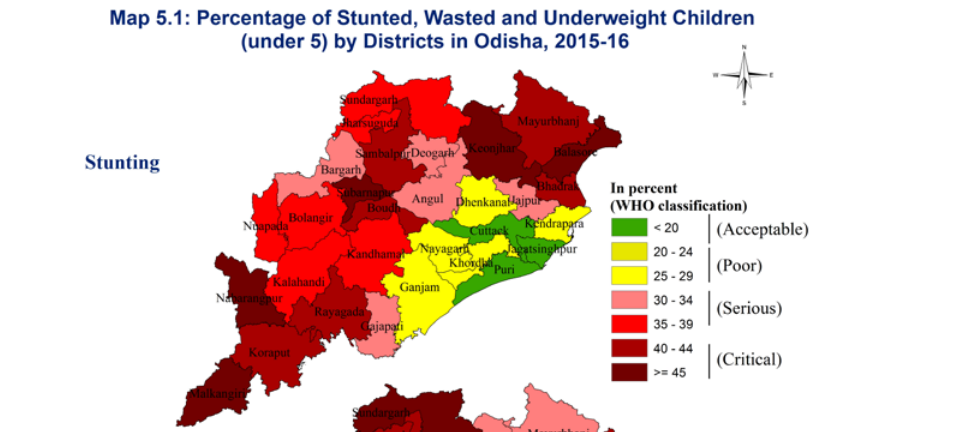
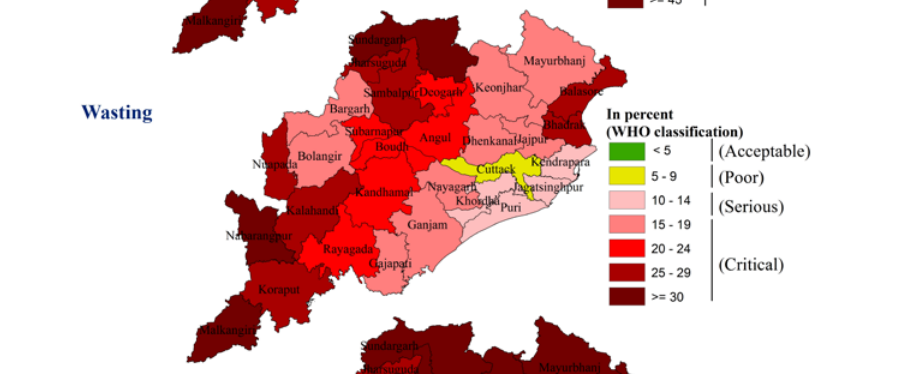
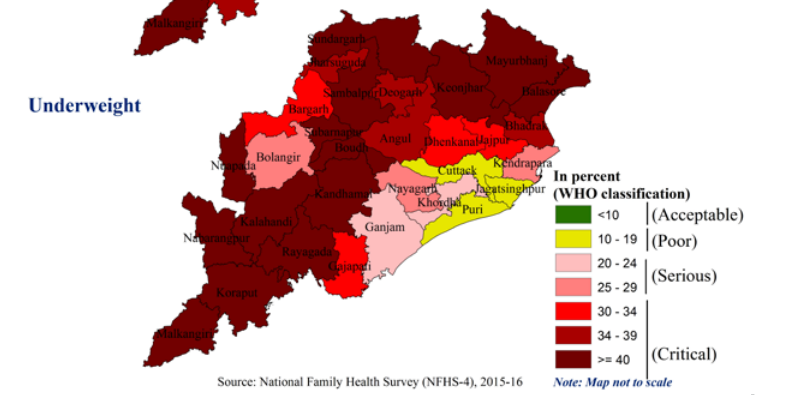
Also Read: Excluded by marriage: ‘Over a million women in Odisha left out of PDS’
Set up community kitchens
To address the challenges arising out of the pandemic, food rights activists have asked the state government to start community kitchens to feed the hungry and needy.
“The second wave of the pandemic has hit the rural income and economy badly, putting a lot of people on the verge of hunger. We urge you to start community kitchens immediately and set up community kitchens at anganwadi centres in line with the Emergency Feeding Program,” read the letter signed by Panda, and Vidyut Mohanty, convenor of Right to Food, Odisha.
Last year, during the first wave of the pandemic, the Odisha government had set up community kitchens in every panchayat providing one cooked meal each day to around 100 persons in one panchayat.
This year, the Bihar government has set up such community kitchens in all its blocks which have been feeding hundreds of thousand people on a daily basis amid the state-wide lockdown last month in May.
Apart from demanding community kitchens, the non-profit has urged the state government to issue ration cards to all pending applicants, and provide cash support to address the income loss of ration card holding families, street vendors, and construction workers.
“Last year, advance ration for three months, pension for four months, and cash assistance of Rs 1,000 was given to families. Moreover, Rs 3,000 cash was given to street vendors and Rs 1,200 to construction workers. But there was nothing this year. It seems both the central and state government isn’t concerned at all,” rued Panda.
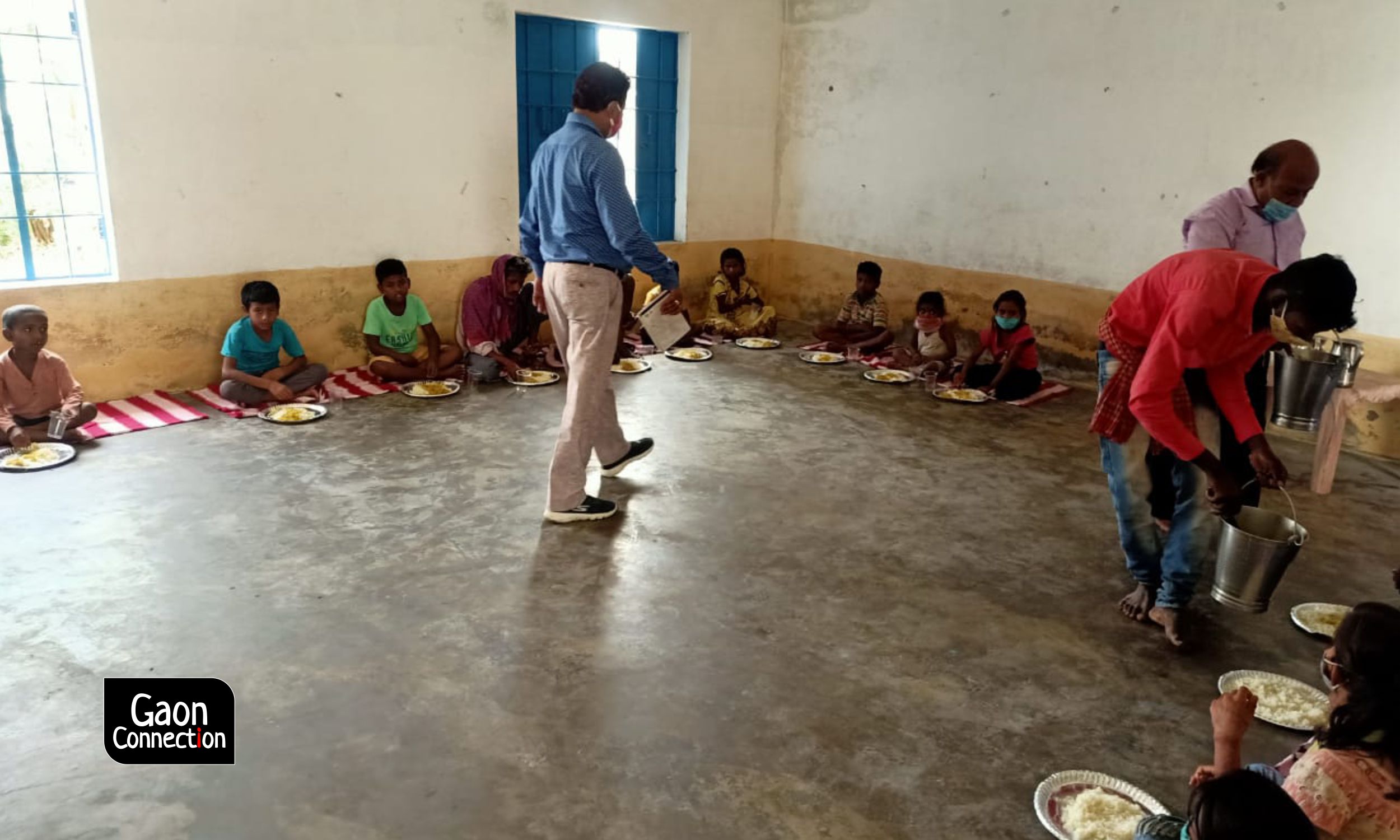
Release pending wages of ASHA workers
In its letter, the Right to Food Campaign has also highlighted that Accredited Social Health Activists, commonly known as ASHA workers, have not received pending COVID19 remuneration and are working without proper protective equipment.
Confirming this, ASHA worker Aparna Sarkar, from Khairapali village of Malkangiri district told Gaon Connection, “I have not received any COVID duty incentive for April and May months this year.” Last year, the central government had announced Rs 1,000 per month COVID duty incentive to frontline health workers. Many claim they have not received it this year.
Apart from no incentive, Sarkar said ASHAs were also not provided with proper safety gears in the second wave of the pandemic for a long time. Only two weeks back, the state government provided over Rs 10,000 each to ASHA workers to buy oximeters, masks, sanitisers and gloves. Two days ago, she tested positive for COVID19. Last year also she had contracted the disease.
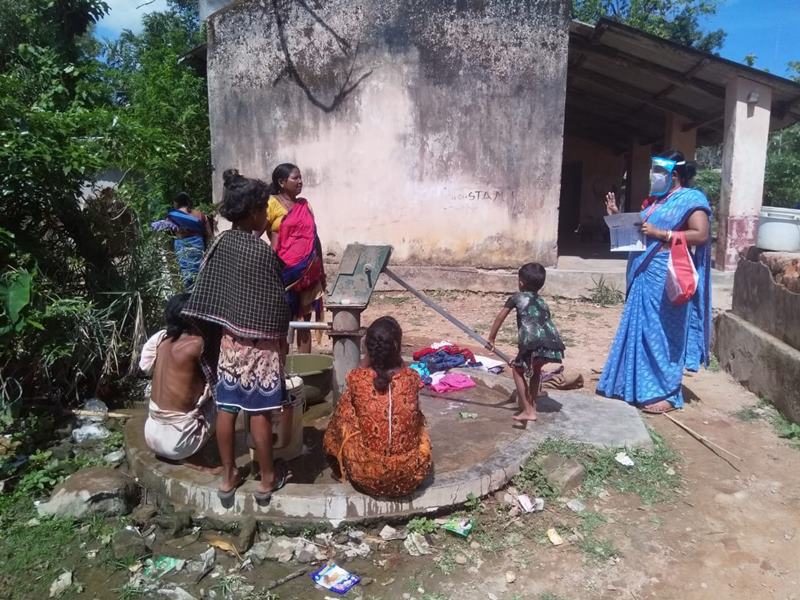
No work under MGNREGA
On the one hand, in the second wave of the pandemic, people have lost their livelihoods, on the other hand, the government has failed to provide them work under the Mahatma Gandhi National Rural Employment Guarantee Act or MGNREGA, complain food rights activists. This central act promises at least 100 days of guaranteed employment to every rural household whose adult members volunteer to do unskilled manual work.
“Since April this year, work under NREGA has stopped. All these workers are sitting idle without work and income,” said Panda. The non-profit has urged the chief minister to resume MGNREGA work in the state and provide work as per demand and release wages on time.

